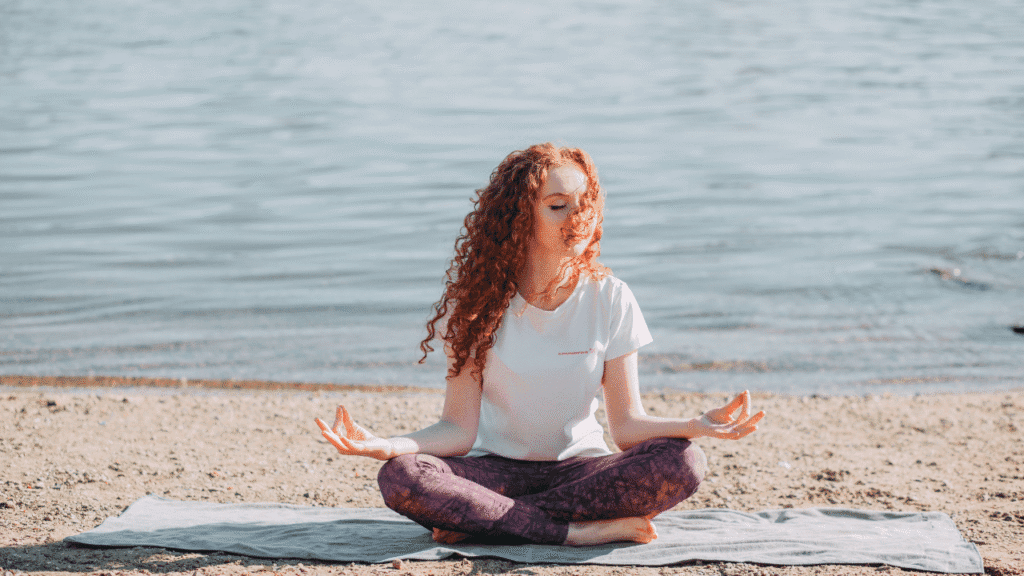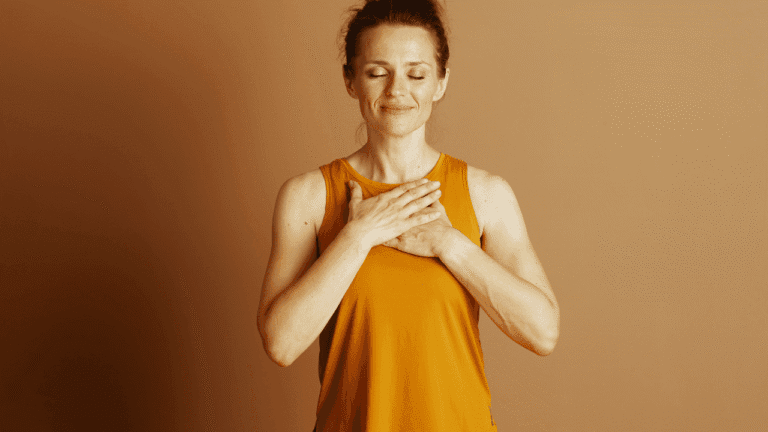Unlock the Secrets to Spiritual Health and Vitality

Spiritual Health, This guide brings practical meaning to your inner life and shows simple steps you can try today. Mind, body, and soul link closely; strengthening one often lifts the others. That makes this topic useful for everyday coping and long-term growth.
Many people find connection through religion, nature, art, or acts of service. Each way offers calm, a sense of purpose, and clearer focus when you align your time and attention with meaningful habits.
We promise an accessible, evidence-informed pathway that respects beliefs and fits your rhythm. You will learn what spiritual health is (and isn’t), how the mind-body link builds resilience, and small rituals that turn insight into steady results.
No single path is required. This guide shares multiple things to try so you can personalize a routine that helps you feel calmer, less reactive, and more rooted in purpose. For deeper context, see this holistic guide and an accessible spiritual health overview.
Key Takeaways
- Spiritual health is practical and supports daily life.
- Small, regular practices improve calm and focus.
- There is no single right way—choose what fits you.
- Mind-body links help people build inner resilience.
- The guide offers secular and faith-friendly options.
Spiritual Health Explained: Purpose, Connection, and Peace in Everyday Life
True inner well-being grows when your daily actions match your deepest values. This section shows what that looks like in practice and how it lifts calm, clarity, and purpose.
What It Is—and Isn’t
Spiritual health centers on living in line with your values and beliefs. It creates an inner compass that guides choices and builds a steady sense of purpose.
Religion can be one meaningful path, but spirituality is broader. People find a place of meaning through nature, art, service, or quiet reflection.
The Mind‑Body‑Spirit Link
When the nervous system is calm, the brain and body support clearer thinking and steadier emotions. That makes practices like meditation deeper and more sustaining.
Benefits You Can Feel Now
- More peace and moments of joy.
- Renewed hope and emotional resilience.
- Practical growth: small rituals add up over time.
Life happens for you is a mindset shift that turns setbacks into learning and opens a path toward wiser action and kinder relationships.
How to Improve Spiritual Health Today
A few simple actions can lift your sense of purpose and make each day feel steadier. Pick one practice that fits your schedule, try it for a week, and notice small changes.
Reconnect with Community
Rebuild your circle by joining a faith group, worship gathering, or local meetup. About 43% of Americans belong to a religious body, and that belonging often brings encouragement and support.
Even online groups or short phone check-ins count when your time is tight.
Serve Others
Volunteer where your heart is led—food pantries, mentoring, or fostering an animal. Helping others deepens gratitude and creates meaningful connection with people you might not meet otherwise.
Meditation and Mindfulness
Try five minutes of breath awareness or a walking meditation at lunch. Apps like Calm and Balance can guide you. Regular meditation reduces stress and opens the heart to clearer feelings.
Yoga, Nature, Journaling, and Support
Explore gentle yoga to unite breath and body. Step outside daily to notice trees, birds, or sky—nature quickly calms the nervous system.
Journal for clarity: jot feelings, insights, and a short gratitude list each day to reset perspective.
If you feel stuck, ask for help early. Chaplains, trusted leaders, or mental health pros can guide you with care.
“Small, steady practices reshape how you respond to life and care for others.”
For practical next steps on ongoing growth, see resources on spiritual development.
Make It a Lifestyle: Integrating spirituality with body care, habits, and relationships
Make caring for your body a clear expression of the values you want to live by each day.
Honor the Body: Nutrition, energy, and clear thinking as spiritual stewardship
Present your body as an act of worship: choose foods and routines that give steady energy, clearer thinking, and kinder presence. Nutrition affects the brain, emotions, sleep, and how you show up for others.
Audit sugar and processed snacks that spike and crash mood and focus. Stabilizing meals often leads to calmer emotions and more consistent attention during prayer, reflection, or worship.
“Present your bodies as a living sacrifice… this is your act of worship.”
Habit Stack Your Day: Small mindful rituals that fit your time and place
Attach two-minute practices to things you already do—coffee, commute, or evening wind-down. Short breathwork, a gratitude note, or a brief prayer make routine practice realistic.
Create anchors around your space: a journal by the bed, a water bottle on your desk, and a short outdoor pause after lunch.
Lead with the Heart: Deep listening, art, music, and connection with others
Prioritize deep listening, put devices away, and bring art or music into shared time. These simple acts nurture relationships and lift the levels of care you offer to people in your life.
- Align sleep, movement, and nutrition with your values.
- Use nature as a micro-retreat between tasks.
- Ask clinicians, chaplains, or a nutritionist when seasons intensify.
Conclusion
Spiritual Health, Begin where you are: pick two simple things that steady your day and feed your sense of purpose. Small, repeatable acts build a stronger spiritual health and add calm to daily life.
Commit to a short practice—meditation, a gratitude note, or a walk—and protect a little time each day for it. Let your choices match your beliefs and keep the way forward practical rather than perfect.
Honor your body, attention, and relationships as genuine forms of worship. This care opens space for joy, peace, and steady growth in life.
Revisit your routine, adjust with kindness, and let your heart lead you to a place that feels more rooted and meaningful.














